#Vintage airplane
Explore tagged Tumblr posts
Text

At Falcon Field in Mesa, Arizona
116 notes
·
View notes
Text

Amelia Earhart christens a TAT Ford Trimotor, "The City of New York," at Pennsylvania Station, July 7, 1929. Watching is Police Commissioner Grover Whalen (left). In keeping with Prohibition, the bottle contained Canada Dry Pale Ginger Ale. Transcontinental Air Transport (TAT), later TWA, was inaugurating its first transcontinental air passenger services from coast to coast.
Photo: FPG/Getty Images/Fine Art America
#vintage New York#1920s#Amelia Earhart#early aviation#vintage airplane#July 7#plane christening#Grover Whalen#7 July#TAT Ford Trimotor#TWA
44 notes
·
View notes
Text

A Consolidated Commodore flying boat of the New York, Rio & Buenos Aires Line cruising over the Rio de Janeiro harbor.
#vintage illustration#flying boats#sea planes#vintage aircraft#vintage air travel#vintage airplane#air travel#luxury travel#luxury air travel#consolidated commodore#the 30s#1930s#consolidated aircraft company#airlines
57 notes
·
View notes
Text
Do you know how much it costs to own a vintage airplane model?
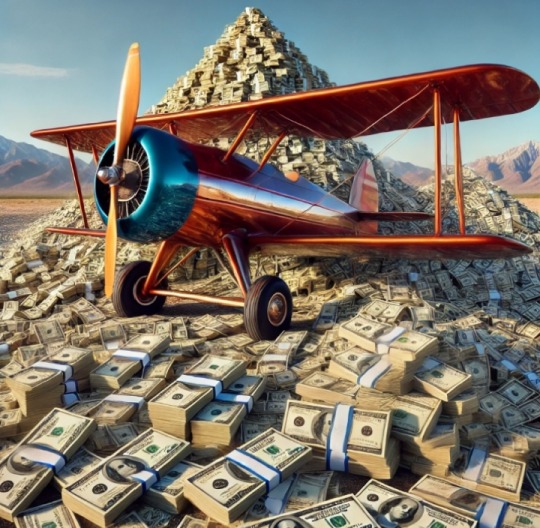
Owning a vintage airplane model can be one of the most exhilarating investments for aviation enthusiasts. These aircraft models, with their storied pasts and classic designs, offer a tangible connection to the golden age of aviation. However, the cost of purchasing and maintaining an old plane model can vary widely, and it's important to understand these costs before diving into such a significant commitment.
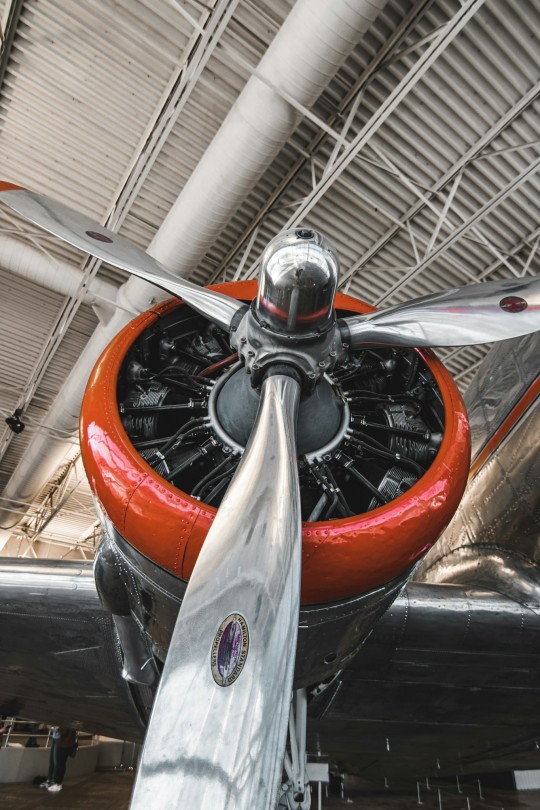
So, how much does a vintage airplane cost? The price of these aviation models can range from relatively affordable to extremely expensive, depending on several key factors. According to estimates, a small, less complex vintage aircraft might start around $15,000 to $50,000. These models typically include older, single-engine planes like a vintage Piper Cub or Cessna 140. They are popular among hobbyists and collectors who appreciate their simplicity and the nostalgia they evoke.
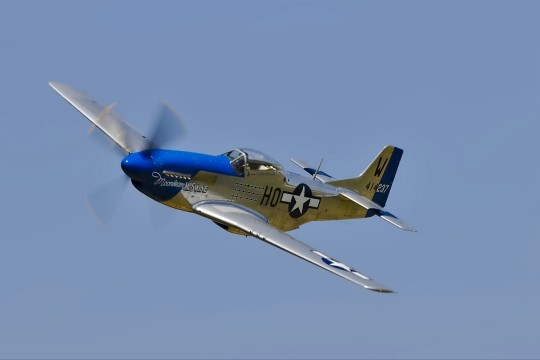
On the other end of the spectrum, more complex and historically significant aircraft models, such as a WWII-era fighter or a classic biplane, can demand much higher prices. A vintage warbird, like a P-51 Mustang, could easily cost upwards of $500,000 to $1 million, and possibly much more, depending on its condition and provenance. These aircraft are not only valuable for their history but also for their performance, and they remain highly sought after in the aviation community.
Condition plays a pivotal role in determining the price of a vintage airplane model. Aircraft that have been fully restored and maintained in airworthy condition typically command the highest prices. A meticulously restored plane with modern avionics and a fresh engine overhaul could be priced at $200,000 or more, depending on the model. However, aircraft in "project" condition, which require extensive restoration work, can be purchased for significantly less, often between $15,000 and $40,000. But keep in mind that restoring a vintage aircraft is a labor of love that can involve considerable additional costs, sometimes exceeding the initial purchase price.
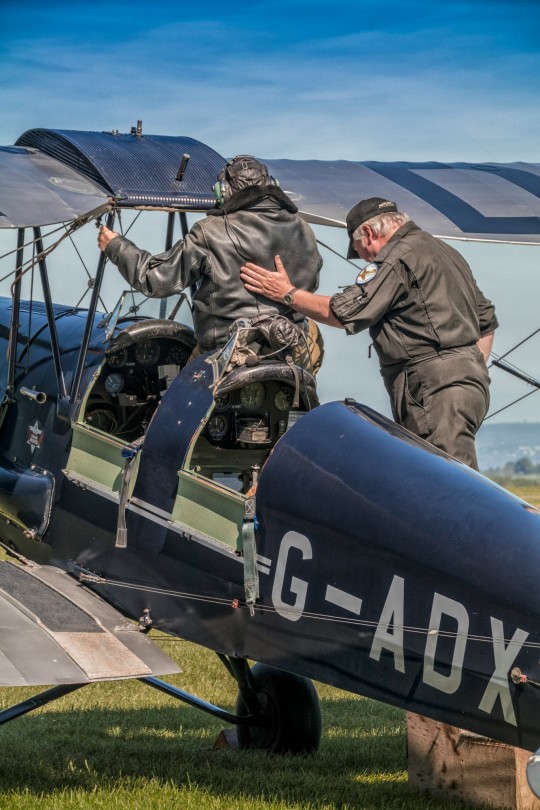
When considering a vintage airplane, it's also crucial to think about the long-term ownership costs. Beyond the initial purchase, there are ongoing expenses like hangar rental, insurance, routine maintenance, and fuel costs. Vintage aircraft often require more frequent inspections and specialized maintenance, which can add up quickly. For instance, annual maintenance for a single-engine vintage aircraft could range from $5,000 to $15,000, depending on the aircraft model and its condition. More complex and rare models might require even more expensive upkeep.
Historical significance and rarity also impact the price of a vintage airplane. Aircraft that have played a role in significant historical events, or those that are rare examples of their type, often command premium prices. For example, a vintage Spitfire or a restored Douglas DC-3 might cost several million dollars due to their historical importance and the limited number of such aircraft still flying today. Collectors and museums are often willing to pay top dollar for these pieces of aviation history, driving prices higher.
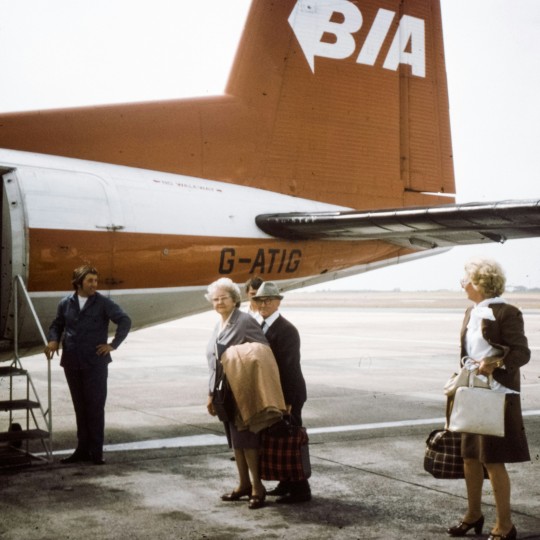
In some cases, owning a vintage airplane model might also provide an opportunity for investment. As the years pass, some aircraft models become increasingly rare, which can drive up their value. However, this is not a guaranteed outcome, and the market for vintage aircraft can be unpredictable. The value of a vintage plane can fluctuate based on market demand, the condition of the aircraft, and other external factors.
In conclusion, how much does a vintage airplane cost? The price can range from as low as $15,000 for a simple, unrestored model to over $1 million for a well-preserved, historically significant aircraft. When considering such a purchase, it's important to account for not only the initial cost but also the ongoing expenses associated with owning and maintaining an old plane model. For many, the joy of owning a piece of aviation history is worth every penny, but it's a commitment that requires careful consideration and a deep passion for the skies.
17 notes
·
View notes
Text
P-51D Mustang,Getting some Low & Loud, Gunport Whistles but you have to push this beast hard.
youtube
9 notes
·
View notes
Text

Chicago Midway (1956)
#americana#vintage americana#chicago#midway airport#1956#airport#vintage aircraft#vintage air travel#vintage airplane
10 notes
·
View notes
Text
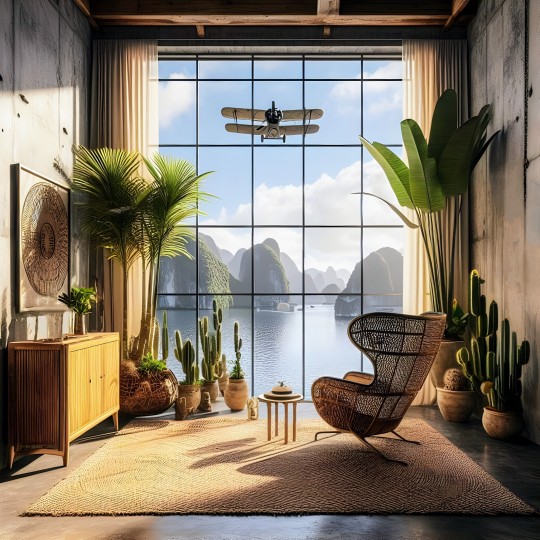



Ha Long Horizon: Vintage Skies and Bohemian Ties
Visit my website for more inspiration 🌿
#home & lifestyle#design#nature#aesthetic#home decor#furniture#plants#artificial intelligence#decor#home#interior design#home design#bamboo#papasan#ha long bay#vietnam#plant photography#plant lover#jute rugs#vintage airplane#tropical
35 notes
·
View notes
Text

Sky Tyrant🦈✈️
By:
https://www.instagram.com/tony.strother?igsh=MXQ2bTdzZmY3amI4eA==
instagram
#engineering#airplane#airplanes#vintage airplane#vintage aircraft#vintage aesthetic#aircraft#ww2 aircraft#Instagram
5 notes
·
View notes
Text

B-17 at sunset. Madras, OR. August 2024
5 notes
·
View notes
Text
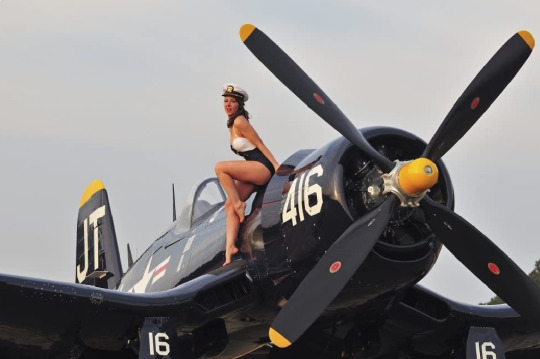
Kelly and N713JT
#Chance Vaught#F4U#Corsair#warbird#warbird pin up#Pin up model#photography#Vintage airplane#aircraft
134 notes
·
View notes
Text
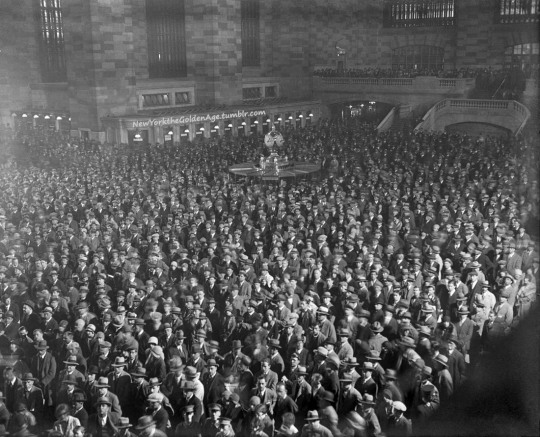
On May 21, 1929 a crowd gathered at Grand Central Station to see the Bremen, the first plane to make a westward flight across the Atlantic.
Photo: Reuters via Der Spiegel
#vintage New York#1920s#early aviation#Bremen#Grand Central Station#crowds#May 21#21 May#vintage airplane
75 notes
·
View notes
Text

30s era air mail etiquette stamp.
#vintage illustration#vintage airplane#vintage aircraft#air travel#airplanes#aircraft#aircraft engines#air mail#air mail stamps#u.s. postal service#usps#united states postal service#u.s. post office
13 notes
·
View notes
Text
Are Old Planes Safe to Fly?— A Look into the Reliability of Vintage Aircraft Models
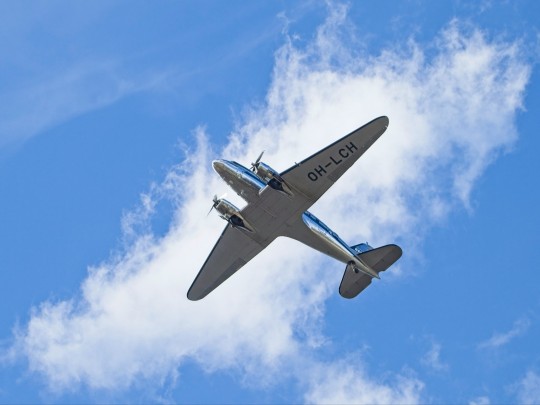
Have you ever seen a vintage airplane model fly and wondered, "Are old planes safe to fly?" The sight of these classic aviation models gracefully soaring through the sky can evoke a mix of nostalgia and admiration. Yet, it also raises questions about the safety of flying aircraft that have been around for decades.
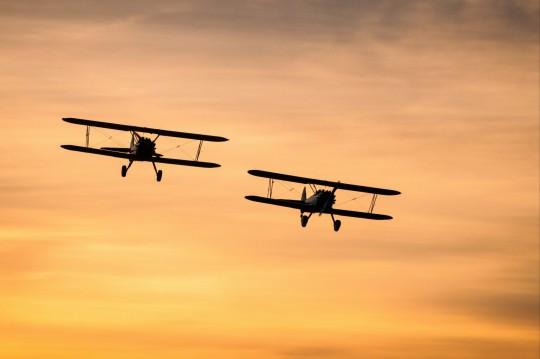
The vintage airplane models lies in their historical importance and timeless design. These aircraft models represent an era when aviation was still in its infancy, and each flight was a pioneering adventure. However, the reality of flying these older planes in today's world requires careful consideration.
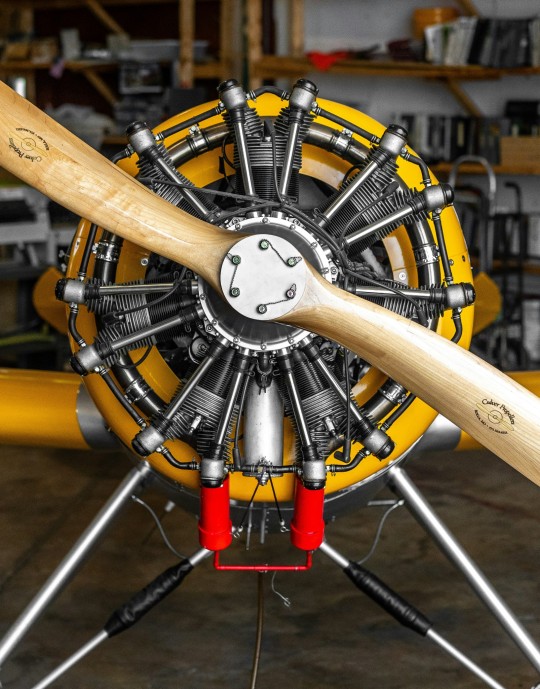
One key factor in determining the safety of old planes is the rigorous maintenance they undergo. Unlike modern aircraft, which are designed with advanced technology and materials, vintage airplane models rely heavily on regular inspections and meticulous upkeep. Owners and operators of these planes are often passionate about their aircraft, dedicating countless hours to ensuring that every component is in top condition. This attention to detail is critical because the safety of an old airplane models hinges on the reliability of its parts, many of which may no longer be in production and need to be custom-made or sourced from specialized suppliers.
Moreover, the regulatory environment for old planes are strict. Aviation authorities, such as the Federal Aviation Administration (FAA), impose strict guidelines on the operation of vintage aircraft models. These regulations ensure that only planes that meet specific safety standards are allowed to take to the skies. This means that an old airplane model must pass the same rigorous checks as a modern aircraft before it can be deemed airworthy. The pilots flying these planes are also subject to special certifications, ensuring they have the skills and knowledge to handle these unique aircraft models safely.
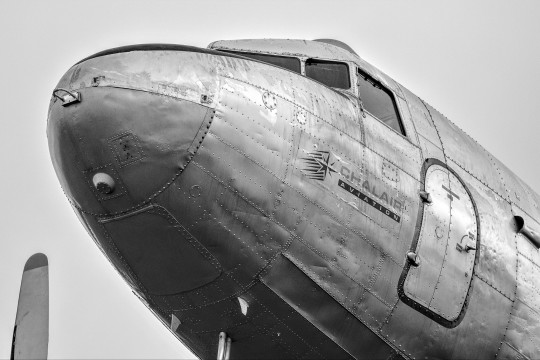
However, flying a vintage airplane model is not without its challenges. These aircraft were built in a different era, using materials and techniques that may not match the durability and performance of today's standards. For example, older engines may not be as fuel-efficient or powerful as modern ones, which could impact the plane's overall performance. Additionally, the aerodynamics of some old planes may not be as refined, making them more challenging to handle, especially in adverse weather conditions.

Despite these challenges, many aviation enthusiasts argue that old planes can be just as safe as their modern counterparts when properly maintained and operated. The key lies in understanding the limitations of these aircraft models and respecting the knowledge that has been passed down through generations of pilots and engineers. Flying a vintage airplane is not about getting from point A to point B—it's about preserving a piece of aviation history and experiencing the joy of flight in the early days of aviation.
In fact, some vintage airplane models have become iconic in their own right, celebrated for their unique design and historical significance. Aircraft models like the Douglas DC-3, the Boeing Stearman, and the Piper Cub are beloved by pilots and aviation enthusiasts. These planes have earned their place in the annals of aviation history, and their continued operation is a testament to the dedication of those who keep them flying.

So, are old planes safe to fly? The answer is that with the right care, expertise, and respect for the aircraft's heritage, they can be. Vintage airplanes represent more than just a mode of transportation—they are living pieces of history, connecting us to the golden age of aviation. For those who appreciate the beauty and craftsmanship of these aircraft models, the joy of seeing them take flight is worth the extra effort to ensure their safety. Whether you're an aviation enthusiast or just someone who admires the grace of these old planes, there's something truly special about watching a piece of history roaming the skies in todays world.
13 notes
·
View notes
Photo

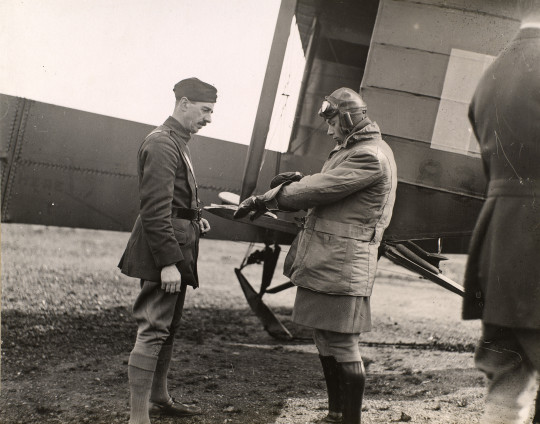
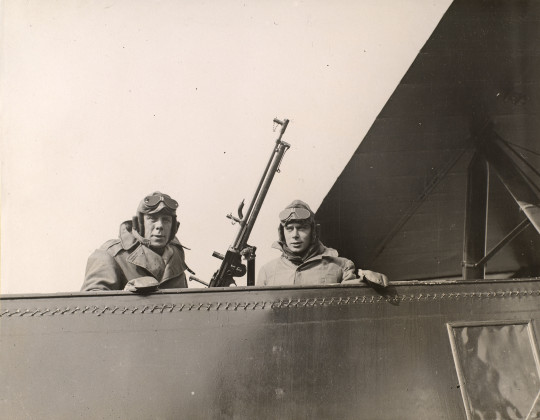
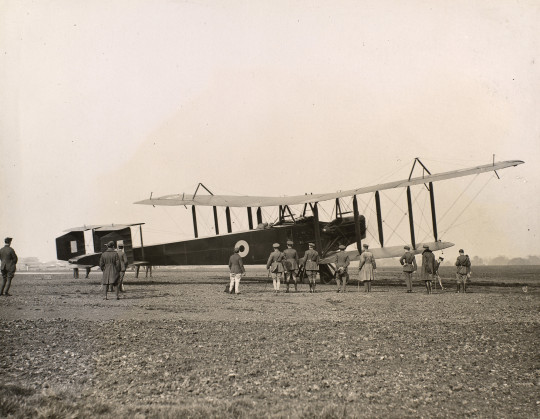
Prince Albert, as he was known at the time, and his friend Major Louis Greig getting prepared to fly to France. These photographs were taken in 1918 at Hendon (formerly a civilian flying school, which was commandeered by the War Office in 1916). Bertie gained his RAF pilot wings on July 31st 1919, becoming the first member of the British Royal Family to qualify - and to achieve this despite actually having a phobia of flying & heights was in itself rather courageous! I do also think he looks somewhat anxious, all cocooned in that big padded coat, gauntlets and helmet. Still adorable, though :)
Fourth photo: they’re just about visible in the cockpit, but the aircraft nerd in me mostly wanted to show off that biplane bomber, a Handley Page O/400, oh my!
#brave king bertie#george vi#king george vi#king bertie#prince albert#louis greig#the british royal family#the british monarchy#god save the king#biplane#handley page o/400#vintage airplane#ww1 planes#royal air force#albert duke of york
18 notes
·
View notes
